Ukraine's arms industry boss calls for country to be 'arsenal of the free world'
)
Oleksandr Kamyshin, the man tasked with reviving Ukraine’s domestic arms industry, has a dream for his country’s future. Even when the war with Russia is over, he believes, Ukraine should focus on arms production, turning itself into the “arsenal of the free world” and providing weapons for export.
“For the next decades, defence should be the major industry in Ukraine. After the war it should be our core export product,” said Kamyshin, in a recent interview at his office in an unmarked building in central Kyiv.
Kamyshin started the war as the head of Ukraine’s state railway network, and won plaudits for the way his team managed efforts to transport millions of refugees to the western borders in the first days of the war.
In March, Ukraine’s president, Volodymyr Zelenskiy, appointed him minister of strategic industries. The title is a misnomer, said Kamyshin – for now, there should be only one strategic industry in the country.
His job is to liaise with the army and defence ministry, as well as with Ukraine’s 70 state-run defence enterprises, to try to make sure the army gets what it needs. Generals have complained that even with western arms deliveries they are facing a chronic shortage of the weapons and ammunition they would need to push back Russians further.
Before the full-scale invasion last February, Ukraine’s arms industry was a murky sector of scandals and dubious deals, and despite the years of low-grade conflict in Donbas, weapons stocks were fairly limited when the full-scale invasion came last year.
“We had a few Javelins but it was mostly Soviet stocks,” said Kamyshin. A defence source said no ammunition whatsoever was produced in Ukraine in 2021, the year before the invasion.
Now, Kamyshin wants to revive the state sector, as well as coordinate the myriad small private enterprises that have sprung up to make weapons for the Ukrainian army, ranging from big companies to a few people tinkering in a shed. There are already more than 200 Ukrainian companies making drones, said Kamyshin, and many more with promising ideas.
“The volume of capabilities this year is three times bigger than last year,” he said. “In 2021, 80% of the sector was state-run, now it’s about 50/50. In five years it should be 80/20 in favour of private.”
Longer-term, Ukrainian officials want to attract western companies to manufacture inside the country. Kamyshin hopes that an arms production summit in Washington will help with this pitch. The summit, organised by the US national security council, will take place on 6 and 7 December and bring top Ukrainian officials and companies together with western governments and the world’s leading arms manufactures.
“Normally to do something with big arms companies you need to invest $10bn plus, and then they might localise some production,” said Kamyshin, pointing to a recent investment by Poland to buy nearly 500 Himars missile launching systems from Lockheed Martin, which will see the weapons giant open a manufacturing base in Poland. “But we can show how creative we can be. We take Soviet missiles and put them on western launchers. These guys saw we can be creative,” he said.
There is also the added incentive that weapons can be immediately tested. “Our partners would get better quality weapons, after they were tested out in real battle conditions, not just in experimental conditions,” said Mykhailo Podolyak, a Zelenskiy aide.
As long as the war goes on, all production taking place in Ukraine would be for the needs of the Ukrainian army, but Kamyshin has the idea that after the war is over, Ukraine can use its newly acquired technology to mass-produce and export weapons, depriving Russia of many of its traditional export markets.
“We can say to them, ‘We know how to switch from Soviet to Nato standards. Go with us and we’ll share the knowledge we learned with you, you will switch to Nato standards,’” said Kamyshin.
Indeed, he claimed arms exports could become the country’s calling card for decades to come. “We were branding ourselves as the breadbasket of Europe, now we want to rebrand as the arsenal of the free world,” he said.
It’s clear that Ukraine is in desperate need of weapons now, but a future of weapons production, sending arms to conflicts across the globe, may sound to many like rather a depressing dream for a country’s future. Kamyshin disagrees. “That’s what my wife says to me too. I tell her that these are the weapons that protect us,” he said.
Read original article here.
